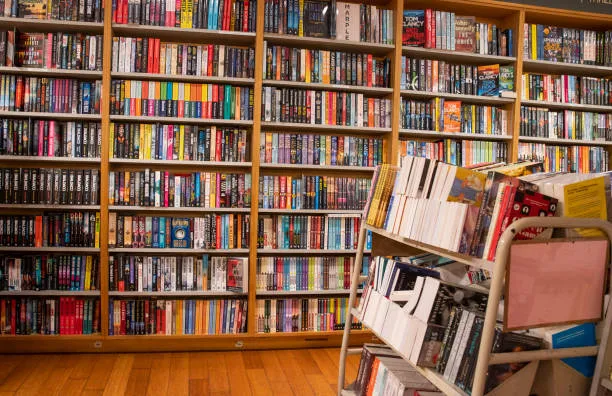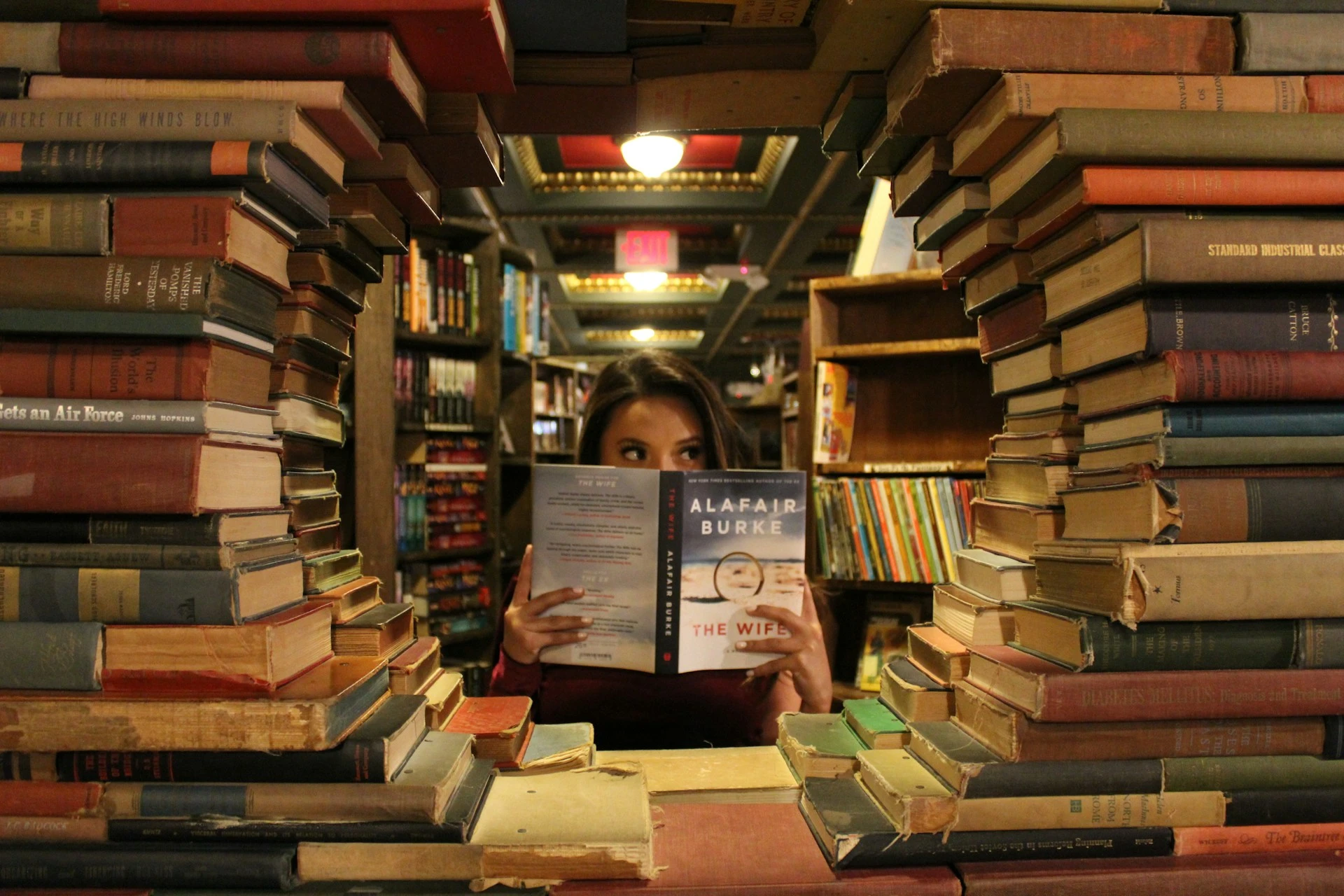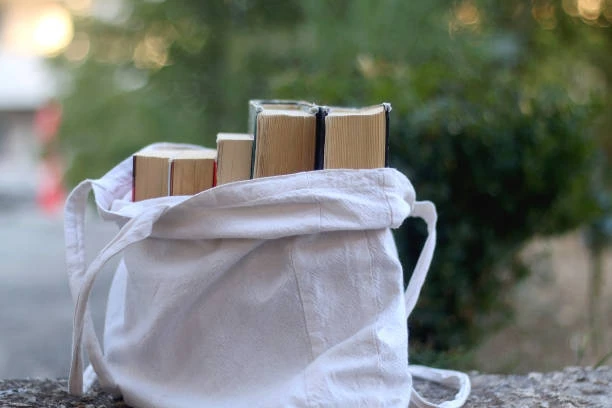Your unread books hold untapped potential! Discover tsundoku, the Japanese art of book collecting, and why it reflects curiosity, not neglect.
Tsundoku is Japanese for leaving a book unread after buying it, typically piled with other unread books. If “tsundoku” is how you’re currently vibing, then keep reading to learn just how valuable unread books are to your life. Spoiler alert, they’re valuable in a lot of ways.
Anti-Library (Taleb’s Version)
It’s no secret we love books—new books, secondhand books, the smell of books. What we’re getting at is that we don’t tend to leave any type of bookstore empty-handed. That being said, our book-buying habit far outpaces our ability to read them, which tends to turn into guilt over the number of books we’ve collected.

If you’re no stranger to this feeling, we’ve got good news—that guilt is totally and completely unjustified. That’s right. According to Nassim Nicholas Taleb, this is what’s known as an anti-library, or, as we just learned, tsundoku, and these books are in no way a sign of failure.
Highly Improbable
In Taleb’s book The Black Swan: The Impact of the Highly Improbable, he lays out the concept of the anti-library, starting with Umberto Eco, who housed a whopping 30,000 books. As you can imagine, when Eco had visitors, to say they marveled at his collection is a vast understatement. Based on the size of his library, guests also assumed that he certainly must know a vast amount on an array of topics.
While there’s no doubt he was very educated, the truth was that Eco’s library didn’t get so big because he read all of the books; it got so big because he DESIRED to read all the books. In fact, Eco found that if, hypothetically, he read one book per day every day from age 10 to age 80, he would only read 25,200 books. When he compared that number to the millions available at any good library, he described it simply as “a trifle.”

From this example, Taleb says:
“Read books are far less valuable than unread ones. [Your] library should contain as much of what you do not know as your financial means, mortgage rates, and the currently tight real-estate market allow you to put there. You will accumulate more knowledge and more books as you grow older, and the growing number of unread books on the shelves will look at you menacingly. Indeed, the more you know, the larger the rows of unread books. Let us call this collection of unread books an anti-library.”
Why Tsundoku Matters
The beauty of an anti-library or tsundoku, is that the collection serves as a constant reminder that we don’t know everything. In fact, our shelves contain tens, hundreds, maybe even thousands of unexplored, new-to-us ideas. But the perks don’t end there.

Studies have found that children who grow up in homes with between 80 – 350 books show improved literacy, numeracy, and information communication technology skills as adults. Studies have also shown that reading can reduce stress, satisfy social connection needs, and bolster social skills and empathy. Last but not least, reading non-fiction is found to be correlated with success and high achievement.
Practicing Tsundoku 101

If up until now you’ve been the type of person who buys books to read them as soon as you get them home, but the idea of being surrounded by unread books is appealing to you, here are a few ways you can adopt this lifestyle.
Buy Books That You’re Interested In
Even if you don’t plan on reading them right away, choose books that pique your interest.
Sort Those Shelves
Whether it’s by size, color, author, or alphabetically, organize your books in a way that you can see all of your “to-be-read” books without feeling overwhelmed. Books don’t have to live on a shelf either, books can also serve as decor by stacking them to create a side table, filling your nightstand with books, or showing them off paper side out.
Browse When You Feel Like It
When you have a few minutes, take the time to browse your collection of unread books, picking one up to read a few pages or chapters when you’ve got the time.
No Pressure
Tsundoku is nothing if not fun, so enjoy the potential of your books without feeling obligated to read them cover-to-cover.
So go ahead, buy all the books.

Join our community of 1.5M readers
Like this story? You'll love our free weekly magazine.








